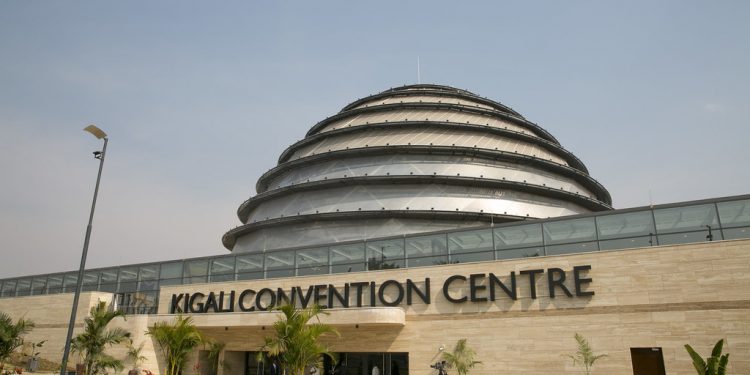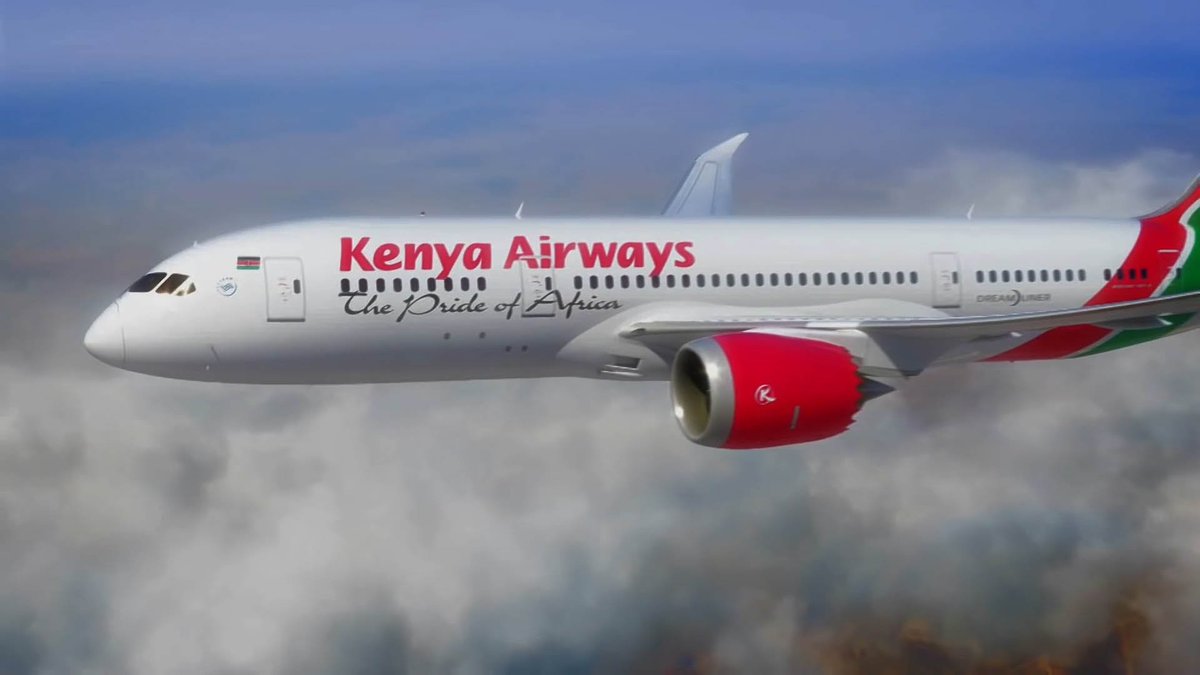Rwanda, considered one of the fastest-growing economies in Africa, has unveiled a 3.2 Trillion Rwandan Francs (about US$ 3.5 Billion) 2020/21 national budget.
The focus of this new fiscal plan is to provide a cushion to an economy that has been battered by the COVID-19 pandemic.
Uzziel Ndagijimana, its Minister of Finance and Economic Planning presented the budget, which starts on July 1, before parliament in Kigali.
According to the Minister, one of the key priorities is supporting the recovery of businesses affected by COVID-19.
In April 2020, the World Bank approved US $14.25 Million credit to support Rwanda’s response to the global COVID-19 pandemic under a new operation, the Rwanda COVID-19 Emergency Response project.
The project is designed to help the government prevent, detect, and respond to the threat posed by the coronavirus and strengthen national systems for public health preparedness.
It will support the COVID-19 National Preparedness and Response Plan by financing critical interventions, such as prompt diagnosis of suspected coronavirus cases; contact tracing to minimize the risk of transmission; risk assessments to identify hot spot areas, and screening travelers at ports of entry.
The emergency project will also bolster clinical care capacity and establish isolation capacity at a selected number of national and district hospitals responsible for triaging and treating COVID-19 cases.
Building on the country’s strong track record on digital solutions, several innovations will be explored, including digital maps that visualize the spread of the disease in real-time; mobile apps for sending health messages; and telemedicine capability to allow for suspected cases to be assessed without the need for physical movements by patients.
The Rwanda COVID-19 Emergency project is part of the World Bank Group $14 billion fast-track package to strengthen the COVID-19 response in developing countries and shorten the time to recovery.
As countries need broader support, the World Bank Group will deploy up to $160 billion over 15 months to protect the poor and vulnerable, support businesses, and bolster economic recovery.
Rwanda’s 2020/21 Budget will also focus on increasing access to quality health services for all, increasing agriculture and livestock productivity, and promoting the “Made in Rwanda” policy to reduce the trade deficit and build economic resilience.
The budget will also focus on promoting digital infrastructure and technologies to improve service delivery, improve access to quality education, eradicate malnutrition and stunting, strengthen disaster preparedness and management and promote employment through investment in public infrastructure.
Ndagijimana said the budget will be financed through domestic resources amounting to 60.7% of the entire budget. The 39.3% will be funded through external sources.
According to World Bank figures, Rwanda was in the middle of an economic boom prior to the COVID-19 pandemic.
World Bank says that Rwanda’s economic growth exceeded 10% in 2019, driven mostly by large public investments for implementation of the National Strategy of Transformation.
The Bank says that Rwanda is already feeling the mounting balance of payment and fiscal pressures.
This could negatively impact the provision of public health services with respect to COVID-19 response and preparedness capacity, as well as adversely affect the provision of other essential health services in Rwanda.
ALSO READ:IMF Disburses KSh11B to Rwanda for COVID-19




